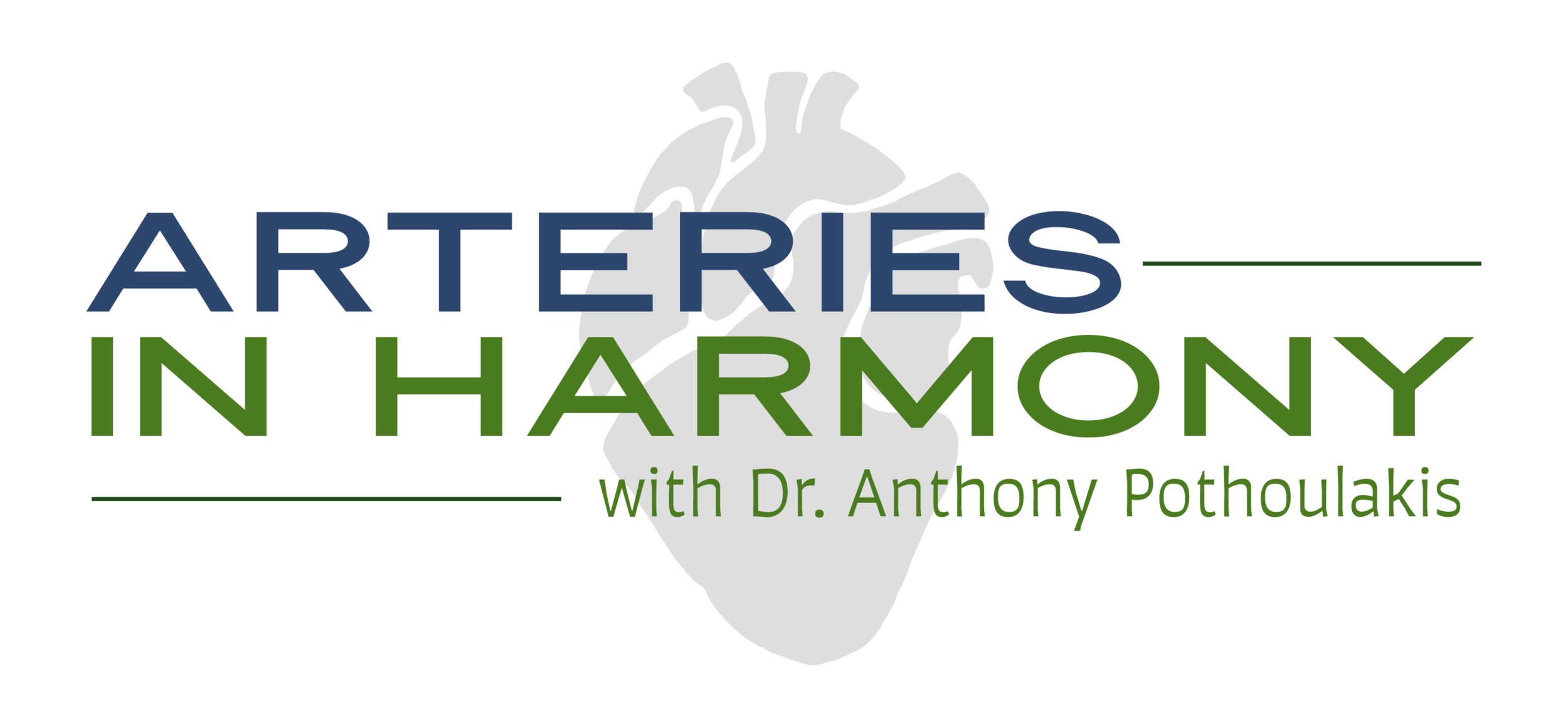Should you integrate Eastern Medicine into your lifestyle?
Traditional Chinese Medicine (TCM), part of Eastern as distinguished from Western Medicine, has been practiced for thousands of years and focuses on HEALTH and WELL BEING through the cultivation of harmony within our lives, according to a University of Minnesota article. Concepts like ying and yang and balance as a condition of healthy living are of central importance to TCM.
While the holistic approach to wellness, health and disease is intuitively appealing, the specific methods of diagnosis and treatment that TCM uses are highly debatable. TCM methods are not subject to as rigorous a data analysis as the ones used in Western Medicine. Biology is very complex and no statistical method can do perfect justice, whether it is Western or Eastern Medicine.
TCM includes herbs, acupuncture, massage and focusing on the whole body. Listening to one’s body is also regarded highly important. TCM leans toward prevention and wellness, not just diagnosing a problem. According to Psychology Today, Western Medicine lies in “the newest is the best” camp. Eastern Medicine (like TCM) followers look to their doctor for experience and guidance and consider wellness a lifelong practice.
In the western world, especially in the United States, many doctors are quick to prescribe medicine. More often than not the diagnosis is not 100% determined, but doctors are trying to find a “fix”, something their patients have learned to expect or even demand. Western Medicine emphasizes the use of medications or procedures to stop the pain and suffering. Eastern Medicine practitioners claim that they want to get to the bottom of the issue- and diagnose the problem first - THEN provide a treatment. They believe that sometimes the best treatment is not a man made drug; this attitude is shared by increasingly more practitioners of Western Medicine. Additionally, more and more western physicians are embracing certain eastern practices. Acupuncture has been offered to help stop nausea and vomiting associated with surgery or chemotherapy and for chronic low back pain or even as an adjunct in attempts to quit smoking. One US hospital has offered a chair massage before imaging examinations at their department of radiology as a way to help calm patients.
Of course, when it comes to YOUR HEALTH - remember YOU are your own best advocate. You are free to choose a physician who keeps an open mind and is willing to embrace or try eastern medicines, if good evidence supports it. Prevention IS the best medicine, and a holistic approach is the most appropriate one; perhaps these are the principles in Chinese philosophy and TCM that merit further investigation and consideration. As long as professional organizations certify practitioners of eastern medicine using acceptable standards, why not find a doctor willing to use TCM techniques?
One needs to consider that both Western Medicine drugs and Eastern Medicine herbals can have significant side effects and cause harm. Further scientific research is necessary to help incorporate practices of Eastern and TC Medicine into mainstream Western Medicine.
It is YOUR BODY - YOUR WELLNESS should be priority #1!
To Your health!
Dr. Anthony
